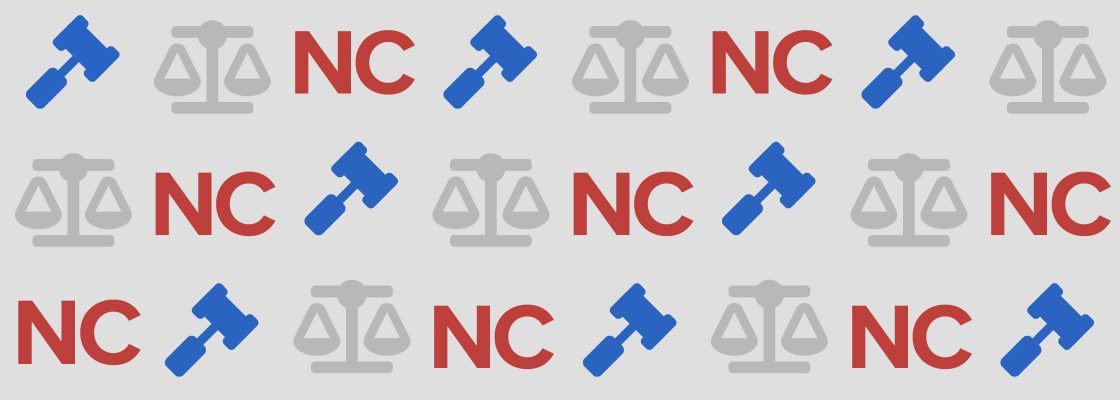Practitioners in North Carolina appear to be forbidden from advertising that they perform medical services in an area they haven’t been trained in. This could raise an issue regarding doctors who hold themselves out as “cosmetic surgeons” even though they have received no formal training in cosmetic surgery techniques, but we’ll leave that legal interpretation to an attorney in the field. As always, have your medical marketing reviewed by your legal counsel for compliance with all relevant laws
More Information
Oversight Body:
North Carolina Medical Board
Reference Citation:
N.C.G.S.A. § 90-14
Selected Excerpt:
Revocation, suspension, annulment or denial of license.
(a) The Board shall have the power to place on probation with or without conditions, impose limitations and conditions on, publicly reprimand, assess monetary redress, issue public letters of concern, mandate free medical services, require satisfactory completion of treatment programs or remedial or educational training, fine, deny, annul, suspend, or revoke a license, or other authority to practice medicine in this State, issued by the Board to any person who has been found by the Board to have committed any of the following acts or conduct, or for any of the following reasons: (…)
- (9) Has advertised or publicly professed to treat human ailments under a system or school of treatment or practice other than that for which the physician has been educated.
Sample Best Practices
We’ve developed some sample best practices to help you get started discussing your medical marketing with your legal counsel in more detail. Find out if you need to take steps to avoid the following:
- Advertising or professing to treat human ailments under a system of treatment or practice other than that for which the physician has been educated.
- Making any statement claiming professional superiority.
- Assuring a permanent cure for an incurable disease.
- Claiming professional superiority without supporting the claim with objective evidence, or using hyperbole when describing your techniques or results.
- Showing patient before and after photos without indicating that results vary and the results shown are not a guarantee.
- Showing models without clearly indicating that the photos are not of actual patients.
- Saying you are board-certified without including in any advertising the name of the board that has certified you.
Is your website following best practices when it comes to medical marketing? Find out by downloading our free Website Compliance Checklist!
Download Free ChecklistPlease help us keep these pages up to date. If you or your legal counsel notice an oversight in our comments or a problem with this page, please alert us by email. Also, be sure to read our legal disclaimer.
« Back to Medical Marketing Laws


Leave a Comment